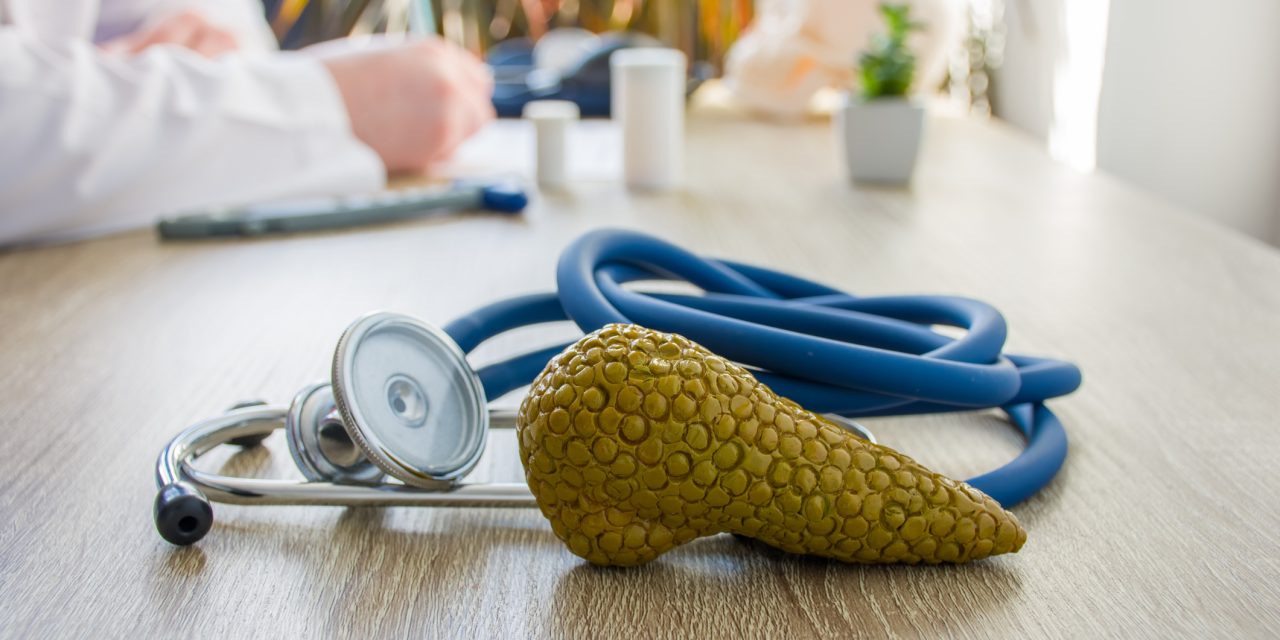A potential reduction of goiter volume (GV) of recombinant human thyrotropin (rhTSH) on multinodular goiters (MNG) was previously reported but controversial. Hence we conducted a meta-analysis to estimate the effect of rhTSH-stimulated radioiodine therapy in patients with MNG. PubMed, Cochrane, CNKI, VIP, and Wanfang databases were searched. Mean difference (MD) and odds ratios with 95% confidence intervals (95% CI) were derived by using an inverse variance random-effects model and fixed-effects model, respectively. Six studies (n=237) were involved in the analysis. For 12 months follow up, high dose (>0.1 mg) of rhTSH significantly reduced GV (MD=17.61; 95% CI=12.17 to 23.04; p<0.00001) compared with placebo. No effective pooled results of low dose of rhTSH (<0.1 mg) were applicable for only one study included. For 6 months follow up, the source of heterogeneity was determined by subgroup and sensitivity analysis. High dose group showed vast improvement in GV reduction (MD=16.62; 95% CI=1.34 to 31.90; p=0.03). The reduction of low dose group compared with placebo was inferior to high dose group. No available data were obtained to assess the influence of rhTSH after 36 months follow up for the only included study. Hypothyroidism incidence was higher for rhTSH group. No publication bias was seen. High dose of rhTSH treatment-stimulated radioactive I therapy after 6 months and 12 months follow up had a better effect in reducing GV, but with higher incidence of hypothyroidism. Owing to the limited methodological quality, more clinical researches are warranted in the future.© Georg Thieme Verlag KG Stuttgart · New York.
Recombinant Human Thyrotropin-Stimulated Radioiodine Therapy in Patients with Multinodular Goiters: A Meta-Analysis of Randomized Controlled Trials.


